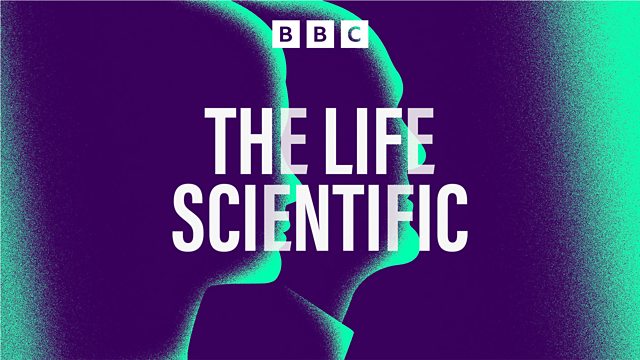AP De Silva on building molecular fluorescence sensors for healthcare
Pioneering photochemist AP De Silva on building molecular photo sensors for urgent medical diagnosis and to compute activity inside cells and tissues.
From humble beginnings in his native Sri Lanka, to a more than 40 year academic career at Queen’s University Belfast, Prof. AP (Amilra Prasanna) De Silva’s research into molecular photosensors has led to a pioneering career in that’s evolved from chemistry to medical diagnostics on one hand, to information processing on the other.
Prof. De Silva challenged cultural expectations and overcame the lack of opportunities in chemistry that were available in Sri Lanka in the early 1970s. He first moved to Belfast to pursue research in photochemistry at Queen’s University. Inspired by his grandmother’s struggle with high blood pressure he engineered a unique sodium photosensor by marrying fluorescent molecules with chemical receptors. As a result of his international collaborations, a commercial, portable sensor was developed to detect salts and minerals in the blood. Its speed of analysis has since saved countless lives and improved healthcare around the world.
AP talks to Jim Al-Khalili about his passion for engineering molecules and how his photochemical innovations have since crossed into computer science. They’ve been developed to perform molecular computations far inside the human body - where silicon microchips fear to tread. A new deeper understanding of life inside our tissues and cells beckons.
Presented by Jim Al-Khalili
Produced by Adrian Washbourne
Executive Producer: Alexandra Feachem
A ÃÛÑ¿´«Ã½ Studios Production
Last on
Featured
-
.
Credits
| Role | Contributor |
|---|---|
| Presenter | Jim Al-Khalili |
| Interviewed Guest | AP De Silva |
Broadcasts
- Tuesday 09:00ÃÛÑ¿´«Ã½ Radio 4
- Wednesday 21:00ÃÛÑ¿´«Ã½ Radio 4
Sleep – the mystery state
Is your mind a machine?
Daniel Dennett thinks so. Here is what we learned from his Life Scientific.
Podcast
-
![]()
The Life Scientific
Professor Jim Al-Khalili talks to leading scientists about their life and work.



